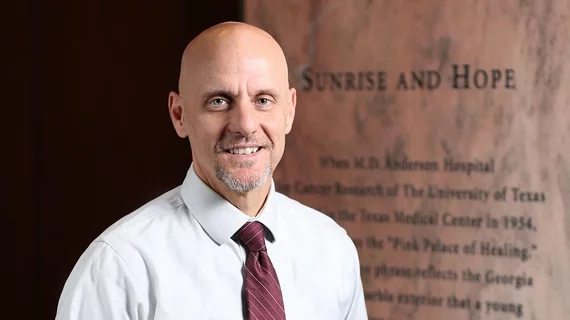FDA says it’s taking action to address personal protective equipment shortages
The Food and Drug Administration said Tuesday that it’s taking extra steps to address shortages of personal protective equipment that have hampered radiologists and other providers.
Commissioner Stephen Hahn, MD, called bolstering PPE supplies a “priority,” noting that the agency is contacting importers to facilitate the entry of further supplies into the U.S. The FDA has also adjusted its screening protocols to get supplies across borders faster and is “continually monitoring our import systems to prevent and mitigate any potential issues.”
“The agency is providing maximum flexibility to those seeking to bring PPE into the U.S. and are ready and available to engage with importers to minimize disruptions during the importing process,” Hahn said in a statement March 24.
FDA’s actions come after widespread outcry from radiologists and other providers about a growing scarcity of masks, gowns, goggles and other protective supplies needed during the COVID-19 pandemic. A recent survey of more than 11,000 healthcare leaders found a staggering 89% said their practice is facing a PPE shortage.
On Monday, the American Society of Radiologic Technologists joined the chorus of advocates asking the federal government for help keeping its members safe while treating a surge of patients afflicted by the coronavirus. The group has submitted letters to both federal lawmakers and U.S. governors and is asking its constituents to urge lawmakers to help speed up PPE production.
“Radiologic technologists are on the frontlines of patient care and it’s vitally important that they have the right protective equipment to protect themselves and their patients,” ASRT Executive Director and CEO Sal Martino said in a statement March 23. “Now is the time for all stakeholders to pull together and ensure healthcare professionals have the tools to do their jobs.”

